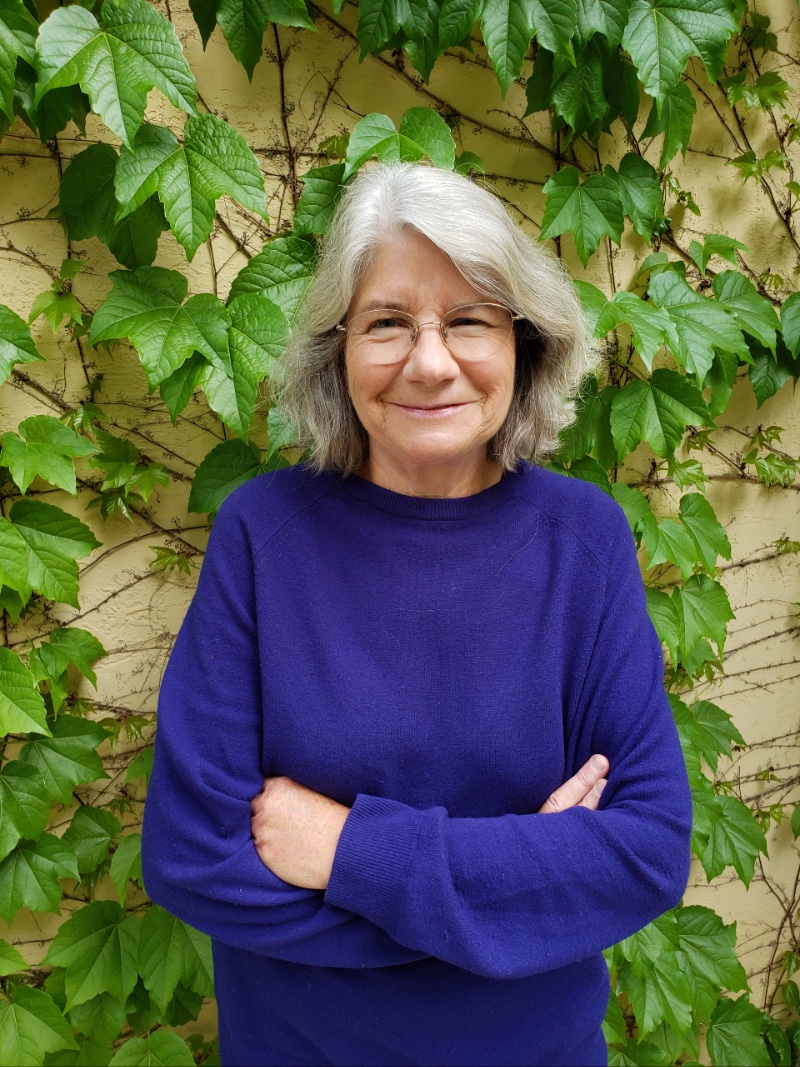
Susan Eastman, associate research professor emerita of New Testament at Duke Divinity School, led students and guests through the book of Romans in this year’s Biblical Studies Lectures, held at Samford University’s Beeson Divinity School.
Eastman delivered the chapel message on March 19, followed by lectures on both March 20 and 21.
In her chapel sermon, taken from Romans 5:12-21, Eastman emphasized the grace of God through the work of Jesus Christ, focusing on God’s steadfast love for His people and how Christ comes as the second Adam, representing mankind before God.
“Sin is terrible, but grace is so much greater,” Eastman said. “In the scales of justice, grace completely outweighs sin.”
Every one of us, Eastman said, is a “leaky bucket,” full of holes of doubt and sin and questions. Yet, God does not let go.
“We can’t hold on to that grace; we are still held on by it,” Eastman said. “Those very same holes are the way God’s love gets into our hearts.”
In her first lecture, focusing on the first eight chapters of Romans, Eastman showed how the identity and work of Christ in the likeness of sinful flesh sums up the relational dynamic between God and man. Christ came and showed solidarity with those ensnared by sin and exchanged His place with them, that they might be saved.
The language of Christ’s “likeness of sinful flesh,” God’s handing over of humanity to their sin and handing over of Christ to bear the punishment of that sin mark the first eight chapters of Romans, she said.
While many readers may hesitate at the idea of God handing humanity over to their sin (1:28), Christ himself is handed over for our sake, Eastman said.
“The Son shows solidarity with those in bondage and exchanges places (with them),” Eastman said. “To be in Christ is to benefit from His participation in our bondage.”
In her second lecture, Eastman walked through Romans 9-11, dealing with God’s promises to Israel.
While it’s tempting to treat those chapters as a separate unit from the letter’s first eight chapters, this is a mistake, she said.
Christ shows enduring solidarity with Israel, coming into its history at the right time to bring salvation, she said.
“The place of sin’s dominion was the place of sin’s destruction,” Eastman said.
Moving to Paul’s words in Romans 9, where the apostle expresses his desire to exchange places with his fellow Jews, Eastman said it is as if the Gospel has so imprinted on his mind that the idea of solidarity and exchange comes naturally from him.
Paul sees in his own salvation as a Jewish man an assurance that God has not forgotten His people and will save them through Christ.
Eastman described Paul’s words in Romans 9-11 as a warning to the Gentiles against arrogance, as it was by the unbelief of the Jewish people that they were offered salvation and also as a reminder to the letter’s readers that salvation is always through Christ. As Christ exchanged places with the sinner, so too have the Jewish people now traded places with the Gentiles, who have seen God’s mercy through Christ. And there is coming a day where, through seeing Christ’s salvation of the Gentiles, Jewish people will be saved, she said.
“It’s a trading of places,” Eastman said. “The salvation of each hangs on the salvation of the other. They take turns in the place of disobedience in order to both be saved.”
